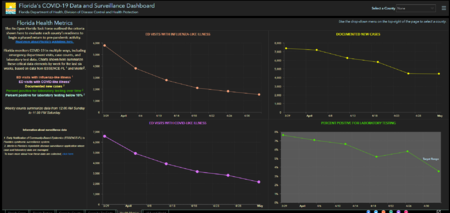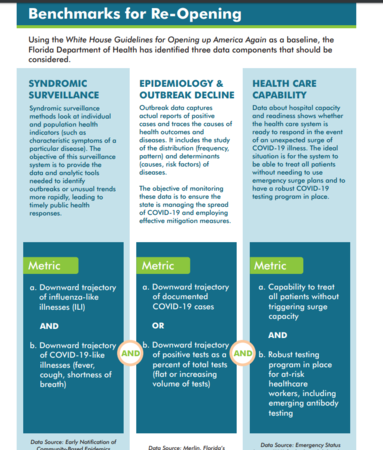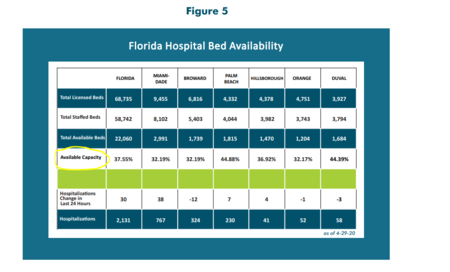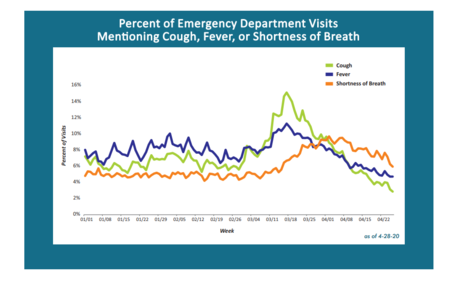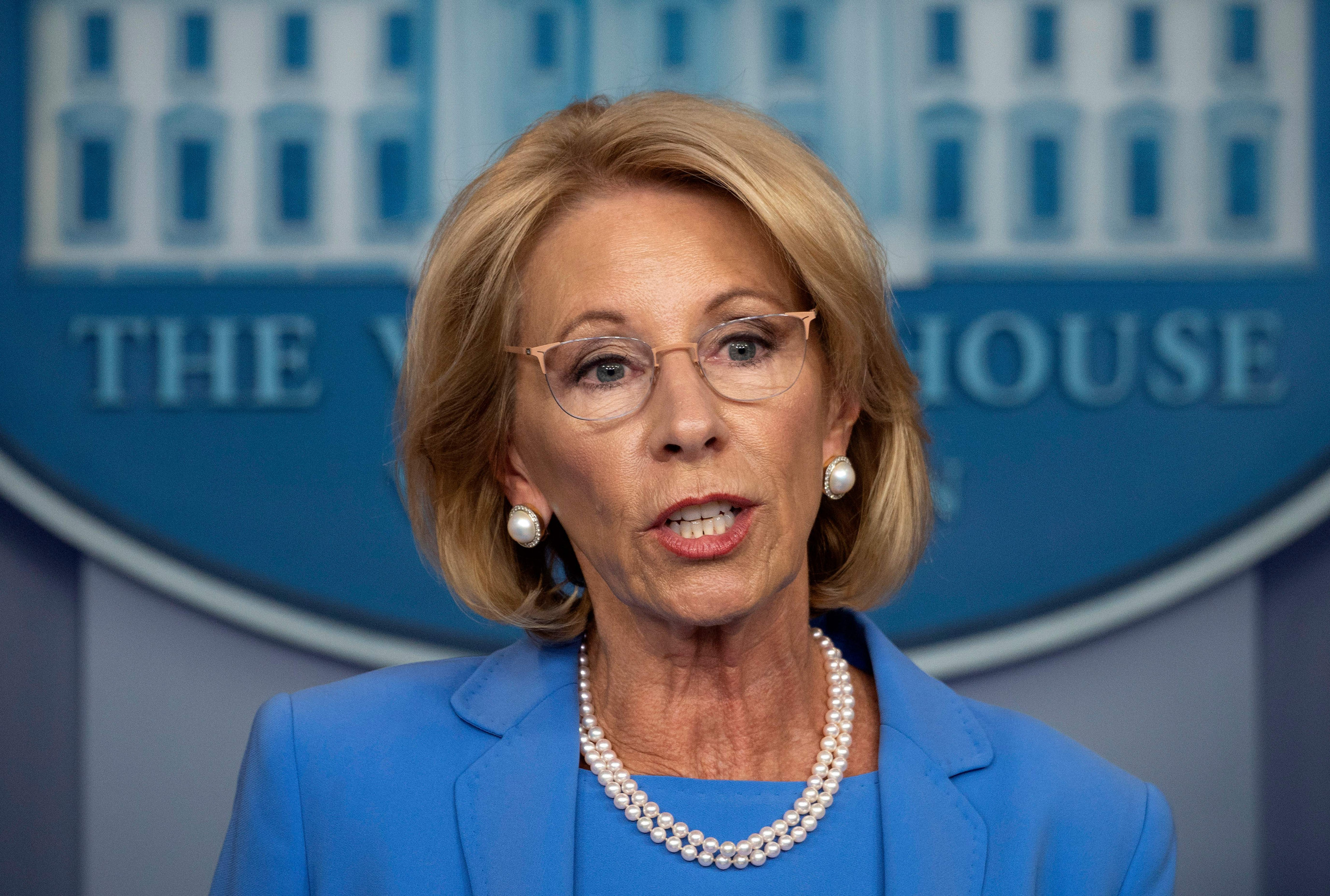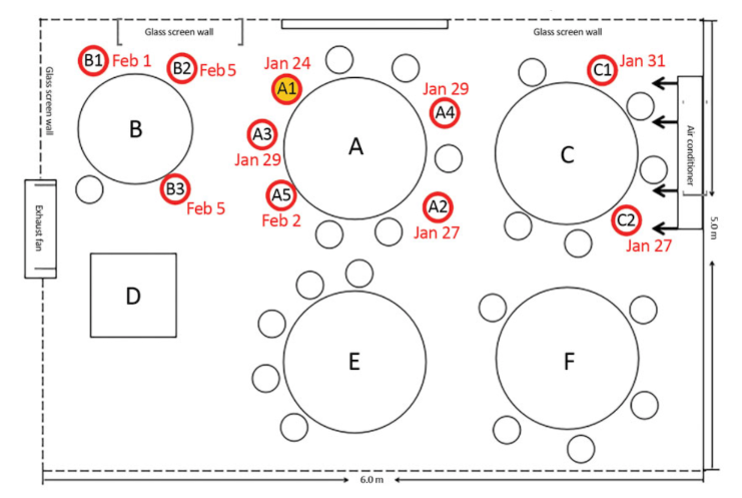SaintsFanInLA
BREES SMASH!!
Offline
I'm not trying to argue, so I hope my tone is coming across correctly but that just makes things slanted more in your favor and maybe only SLIGHTLY so; but not safe. You understand? That's like saying sharks attack mainly at dusk and nightfall, so I figure going swimming in the daytime will make it safe.Yes, and also being outside more readily dilutes the virus particles after each breath, especially if it is windy. Indoors, we are all breathing contained air, so the chances of breathing in virus from someone elses exhale or sneeze is higher. And in cooler temps with windows closed, that makes it even easier to catch it.
Obviously it is still possible to catch it if outdoors, but I think the chances are lower.
While it may make it safER, it doesn't make it safe. This will sound gross but if you were ever able to smell someone's fart from more than 6 feet away in an outdoor area, you know that particles travel. Or heck, even someone's cologne/perfume/food/body scent. That's only stuff you CAN smell. Imagine how much you're inhaling of what you can't smell.

